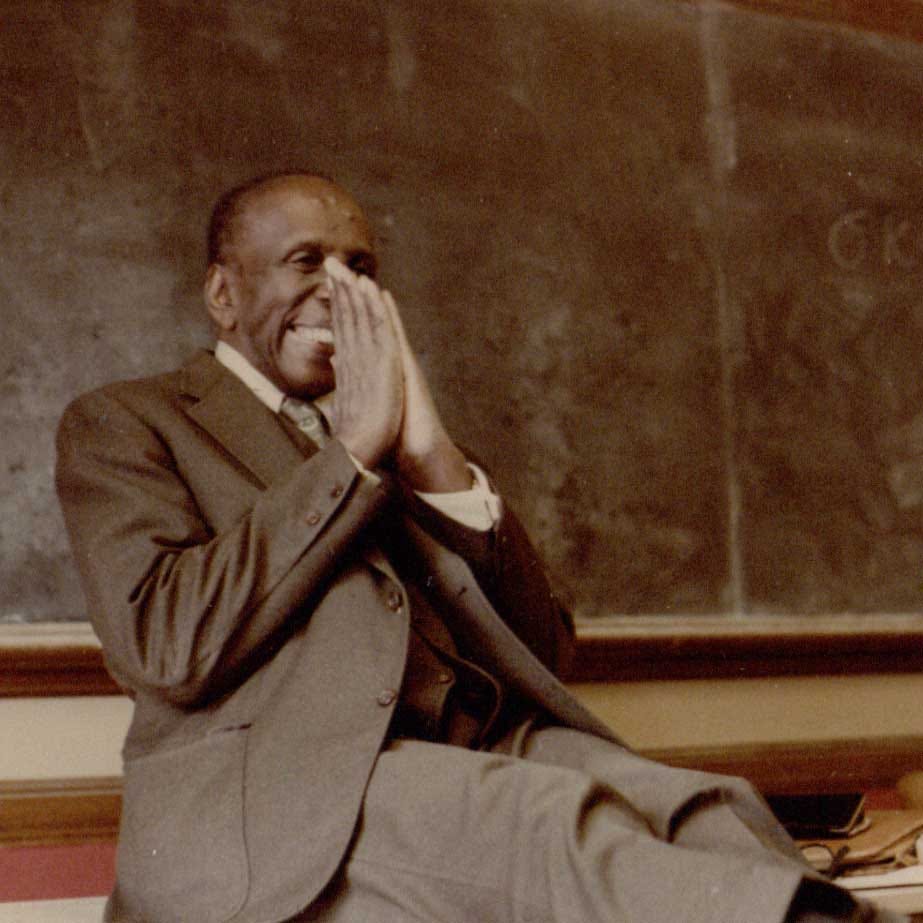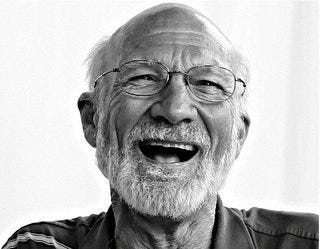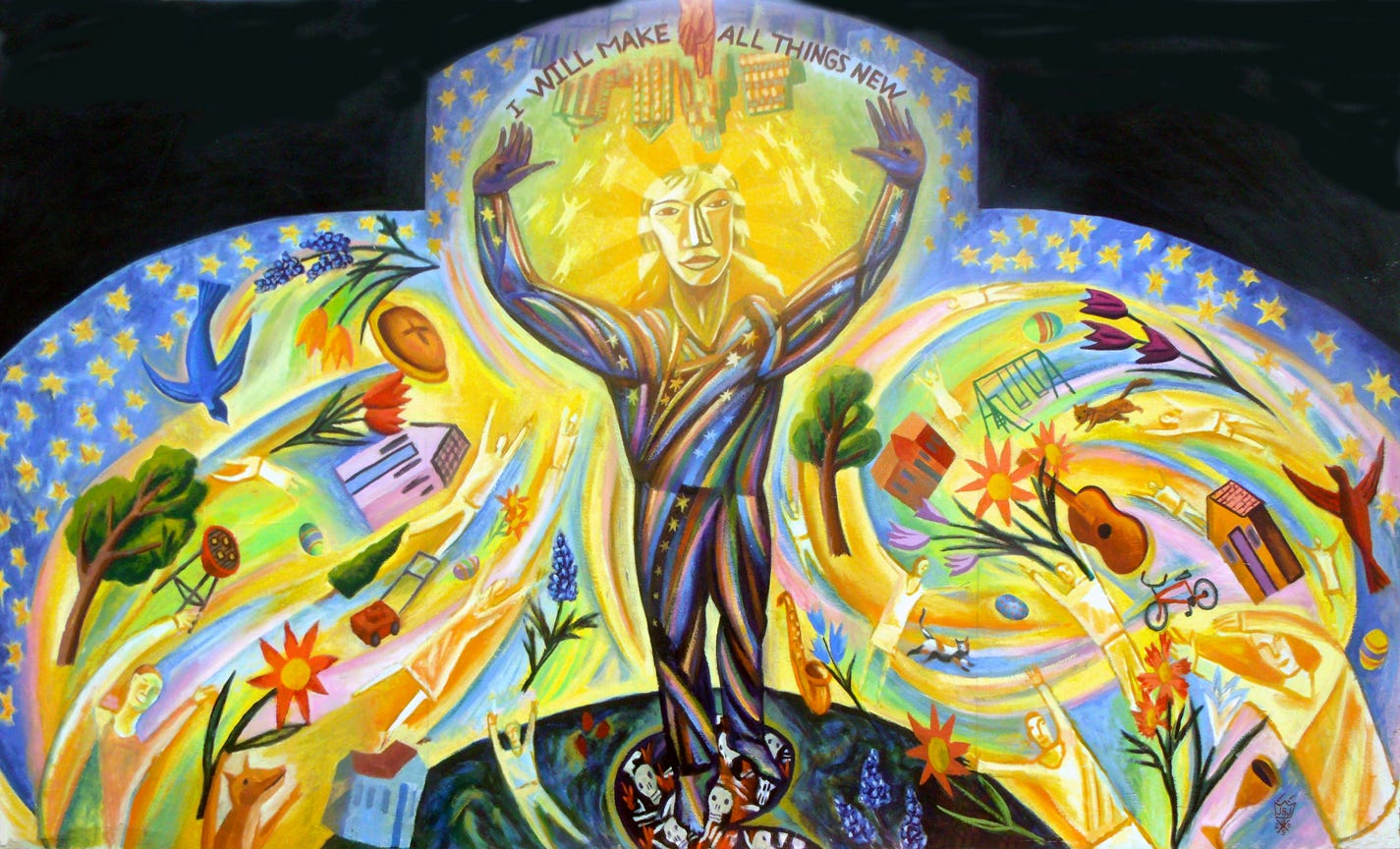True God of all truths, how we desire certainty amid the confusion of our lives. We think we could make it if we just had one thing we could know without doubt, one way to be that was not ambiguous, one other we could unreservedly trust. Yet all such knowledge, being and trust too often reflect our desperation rather than your glory. We pray, therefore, not for certainty but for joy at the discernment that you have discovered us and given us a way to go on in the midst of confusion. For what more could we ask? Amen.[i]
Let’s be honest: if worry were a spiritual discipline, we would all be canonized saints.
We worry about the economy. About our kids. About politics. About world peace and peace within our homes. About whether we are doing enough, being enough, making enough. We fall asleep to worry. We wake up to worry, scroll through worry, and sometimes even pray as if we are just worrying out loud in God’s general direction.
And then we hear Jesus say, “Do not worry about your life.”[ii]
Really? That’s it? That’s the solution? Just don’t?
If you have ever heard these words as a platitude, you are not alone. Jesus sounds like that friend who tells you to “just relax” when you are already in the tail-sping of panicking. Jesus is not offering us spiritual advice as a well-meaning optimist. No, this is the wisdom of the One who was killed, crucified, and three days later walked out of His borrowed grave. This is resurrection peace, and it does not come from pretending everything is fine. It comes from the unshakeable truth that Christ is risen, and that everything has changed.
Stanley Hauerwas put it like this:
“Jesus’s recommendation that we not worry about tomorrow… is not just good advice, but rather wisdom that reflects the character of God’s new creation manifest in Christ’s life and ministry.”[iii]
Jesus is not dishing out motivational slogans. He is describing what it looks like to live in a world where the resurrection is real. Where the worst thing is not the last thing, and scarcity no longer has the final say.
But let’s not skip to the Good News without naming the fear. The source of our worry is everywhere: in the world, headlines, and the quiet corners of our hearts.
Allow me to introduce someone to you: Howard Thurman. A theologian, Christian mystic, and pastor who was a spiritual mentor to leaders in the Civil Rights Movement. Thurman did not write from comfort. He wrote from the middle of storms: personal, cultural, and spiritual.
In one of his prayers, he wrote:
“We lay bare the personal concerns of our private lives: the decisions we must make and do not know how to make; the anxiety which we feel because of what is going on within our minds or our bodies, the outcome of which we cannot even guess…
The little awareness of the little problems of our little lives mounts to overwhelming proportions when we still ourselves in thy waiting presence.
We ask nothing. We wait.
We wait, O God, we wait.”[iv]
There is no quick fix. Just a posture of stillness in the presence of the God who already knows, and already cares.
Jesus tells us to look at the birds and lilies.
“Look at the birds of the air,” He says. “They neither sow nor reap nor gather into barns, and yet your heavenly Father feeds them.”[v]
And the lilies, “Consider the lilies of the field, how they grow; they neither toil nor spin.”[vi]
It is not just poetry. It is a protest. It is a small act of holy defiance to live like you are cared for by a God who paints wildflowers into a field and feeds sparrows that are moved, in part, by the movement of the wind.
Hauerwas again:
“Abundance, not scarcity, is the mark of God’s care for creation… but our desire to live without fear cannot help but create a world of fear constituted by the assumption that there is never enough.”[vii]
Isn’t that what anxiety is at its core? The belief that there will not be enough. That we will not be enough. That God, at the end of the day, might not show up.
But what if the opposite were true?
What if the resurrection of Jesus Christ means that there is enough?
What if the empty tomb is not just a historical fact but an invitation to breathe again?
What if we live like our daily bread was already given, not hoarded or earned, but gifted by a God whose mercy and grace are without limit?
This is not Jesus turning the world upside-down. He is setting it right-side up, showing us what has always been true in God’s economy. There is enough grace, enough peace, enough love, even for people like us.
“Seek first the Kingdom of God,” Jesus says. Not seek security. Not seek certainty. Not seek likes of approval or savings accounts with enough zeroes to quiet the fear.
Seek the Kingdom of God. And, in doing so, you will discover that everything else gets added in.
Because God is not playing hard to get. God is already here. Already speaking. Already providing. Already risen. Here this morning in bread and wine.
So, if you are carrying anxiety this morning, not as an abstract idea but in tight shoulders and sleepless nights, here is the Good News:
The One who raised Jesus Christ from the dead has not abandoned you.
You are not alone.
You do not have to hold the world together. That job is already taken.
So, stop.
Breathe.
Pray.
Practice resurrection. Not by pretending things are not hard but by trusting that God’s grace runs deeper.
You do not need to worry your way into peace.
You have already been given enough. You are enough.
Amen.
[i] Hauerwas, Stanley. Prayers Plainly Spoken. Intervarsity Press. 1999. Page 76
[ii] Matthew 6:25
[iii] Hauerwas, Stanley. Matthew. Brazos Press. 2006. Page 82
[iv] Howard Thurman, The Search for Common Ground. Friends United Press. 1986. Pages 26–28
[v] Matthew 6:26
[vi] Matthew 6:28
[vii] Hauerwas, Stanley. Matthew. Brazos Press. 2006. Page 82














